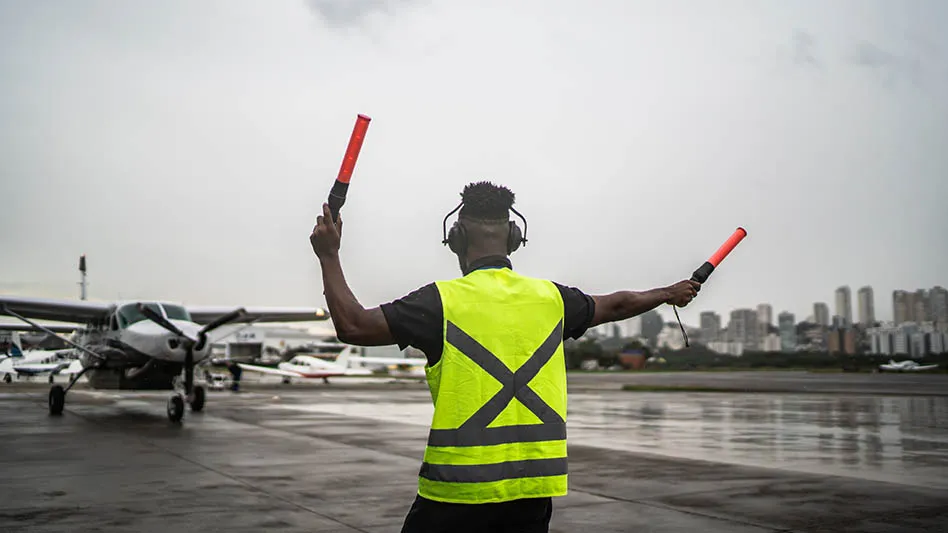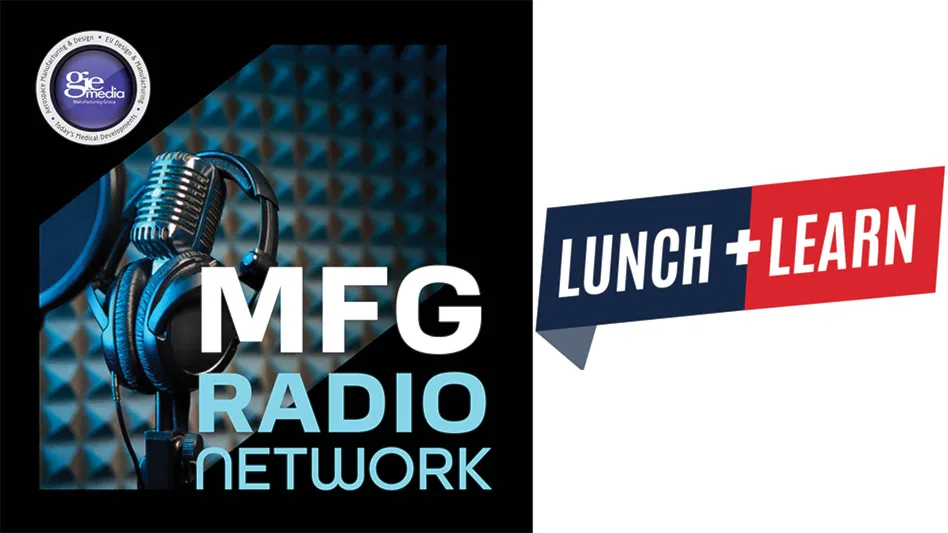
Photo credit: iStock
The struggle to find quality airframe & powerplant (A&P) or aviation mechanics continues to challenge employers across the aviation industry. People are traveling more, and consumer spending is driving an increase in cargo flights. It’s not just airplanes and helicopters. The popularization of space and drone technology and increased military spending are also creating a demand for aviation workers. With more planes and other aircraft being used, the need for aviation maintenance professionals is rising. With more job openings than available mechanics, the companies that cannot hire and retain mechanics will be at a competitive disadvantage.
Attracting new A&P mechanics to your team is just the first challenge. Once you have identified a potential new hire, you’ll still want to ensure the mechanic has the hard and soft skills to succeed within your company. While employers may be willing to adjust their parameters slightly to expand their candidate pool, there are mechanics that will have skills better suited for specific projects. At Aerotek, we have deep experience in working with different types of skilled trades professionals. There are certain skills that we have learned to target in mechanics that lead to successful assignments. The common thread between these traits is versatility.
Exposure to different types of craft
Your company may have a need for an A&P mechanic specifically experienced in rotary wing aircraft. However, there may not be a mechanic with the exact experience you’re looking for. Instead of a prolonged candidate search, we’ve seen clients have success employing mechanics who have worked on similar aircraft. The shortage of available mechanics has made versatility a highly valued trait.
A mechanic that has experience working on diverse types of aircraft is likely a quick learner and may be easier to integrate within your team and culture. It also shows their ability to seek out new challenges, which can come in handy when they eventually become more comfortable with their coworkers and employer.
Exposure to different work environments
A&P and aviation mechanics have a great deal of flexibility in terms of where they work. The demand for their skills allows them to work in maintenance, repair, and overhaul (MRO) environments where they can build up their diagnostic and troubleshooting skills. They can also find jobs in line maintenance that may require more on-the-fly thinking. We like to target mechanics that have experience in both since they likely have been exposed to different work environments, schedules, and team structures.
Aircraft assembly experience is also a plus. While it may not take as much skill as MRO or flight line work, being part of a team that builds planes or drones from scratch provides a unique experience mechanics can take with them to their next job.
Mechanics with military experience are another group that can improve your maintenance team. The men and women who have worked in similar roles while enlisted in the military likely have the transferable skills and determination to quickly adapt to new opportunities in the civilian workforce.
Having a mechanic on your team who is accustomed to working outdoors and indoors will be comfortable wherever the job takes them. If you need to pull them out of a line maintenance project to support a large MRO effort, then they’ll be ready to switch gears and make a smooth transition. They also may be more receptive to a switch in their work schedule since they have experience collaborating with different employers and teams.
Earned multiple certifications
Most mechanics we work with have both the airframe and powerplant ratings to be A&P mechanics. This certification is a great starting point, but there is additional training and education available to take mechanics to the next level.
Employers in aviation need a mechanic who can confidently troubleshoot an issue and get it resolved. A mechanic who has shown an interest and ability in acquiring certifications for various companies will likely be better equipped to add your specific systems to their knowledge base.
Don’t underestimate the value of having a mechanic who can use what they learned about a particular system or aircraft years ago to fix a current problem. General familiarity or “GenFam” certifications may only cover the basics for the specific airframes and systems a company owns, but many of these systems have significant overlap. Having basic knowledge of an issue can reduce how long it takes to find a solution.
The talent pool for aviation mechanics is currently very shallow. However, by targeting candidates that have experience with different types of aircraft and who hold various certifications can add the versatility your team needs. Having a team of mechanics used to overcoming common challenges puts your company in a better position to meet its goals.
About the author: Kevin Fujimoto is regional senior account executive, Business Development at Aerotek Aviation LLC.
Latest from Aerospace Manufacturing and Design
- Latest advancements in machine tool technology
- Visit Okuma America at IMTS 2024
- AM for Aircraft Cockpit Interior Components
- Piasecki Aircraft reveals hydrogen-powered UAM progress
- Siemens' Simatic Workstation
- Heart Aerospace to open US R&D hub
- Comau's S-Family of small industrial robots
- GrindingHub: a showcase for international grinding technology





